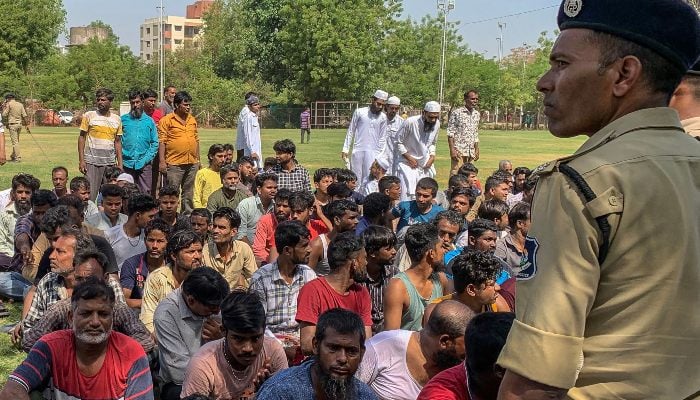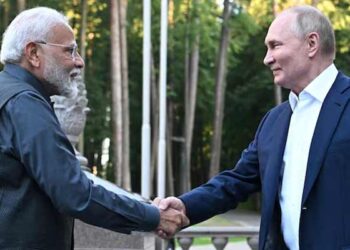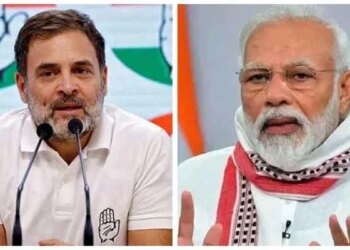Select Language:
According to a report from Human Rights Watch, India has deported hundreds of Bengali-speaking Muslims to Bangladesh without following proper legal procedures. The organization criticized the government for ignoring established rules and allowing religious biases to influence its actions.
Prime Minister Narendra Modi’s Hindu nationalist administration has maintained a strict stance against immigration, especially targeting individuals from neighboring Bangladesh, a predominantly Muslim country. Officials have derogatorily referred to these migrants as “termites” and “infiltrators,” fueling fears and discrimination.
Critics argue that these policies have created a climate of fear among India’s estimated 200 million Muslims, many of whom speak Bengali—a language common in both eastern India and Bangladesh.
HRW, based in New York, reported that between May 7 and June 15, more than 1,500 Muslim men, women, and children were forcibly expelled from India to Bangladesh, citing Bangladeshi authorities for confirmation. Elaine Pearson, HRW’s Asia director, stated, “The Bharatiya Janata Party (BJP) is promoting discrimination through the arbitrary deportation of Bengali Muslims, including Indian citizens.”
She added, “Indian authorities are risking the safety of vulnerable populations in what appears to be a broader discriminatory campaign against Muslims.”
The Indian government maintains that those deported are undocumented migrants. However, HRW considers their justification unconvincing because of the government’s apparent disregard for legal procedures, domestic protections, and international human rights standards.
The report details the experiences of 18 individuals. One 51-year-old daily laborer described how he “walked into Bangladesh like a dead body” after being taken to the border by India’s Border Security Force (BSF) after midnight. He said, “I thought they would kill me because they were holding guns, and my family wouldn’t know what happened.”
Relations between India and Bangladesh have worsened recently. Tensions escalated after a major uprising in Bangladesh toppled Dhaka’s government—a key ally of India—in 2024. Additionally, India intensified operations against migrants following an attack in Indian-administered Kashmir in April that resulted in 26 deaths, most of whom were Hindu tourists. India blamed Pakistan for supporting the attack, a claim Islamabad denied.
In response, Indian authorities detained thousands nationwide, many of whom were eventually expelled across the border into Bangladesh. Elaine Pearson remarked, “This government is undermining India’s longstanding tradition of protecting persecuted populations to build political support.”
India has also faced accusations of forcibly deporting Muslim Rohingya refugees from Myanmar, with navy vessels reportedly dropping them off along the coast of the war-torn country.
The findings and questions from HRW have been sent to India’s home ministry, but no response has been received.






